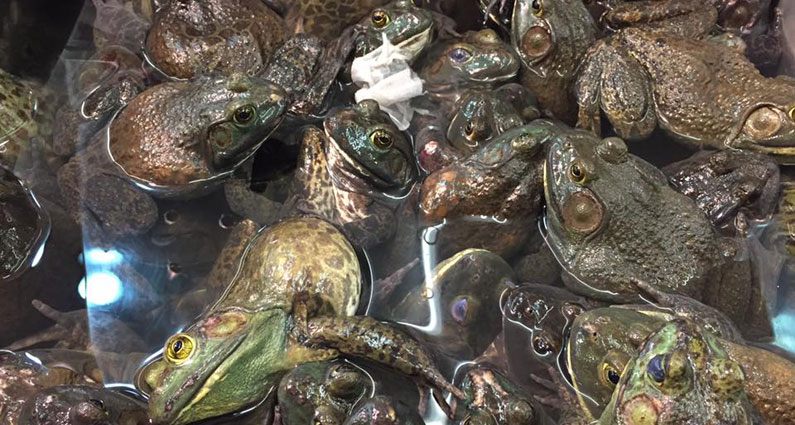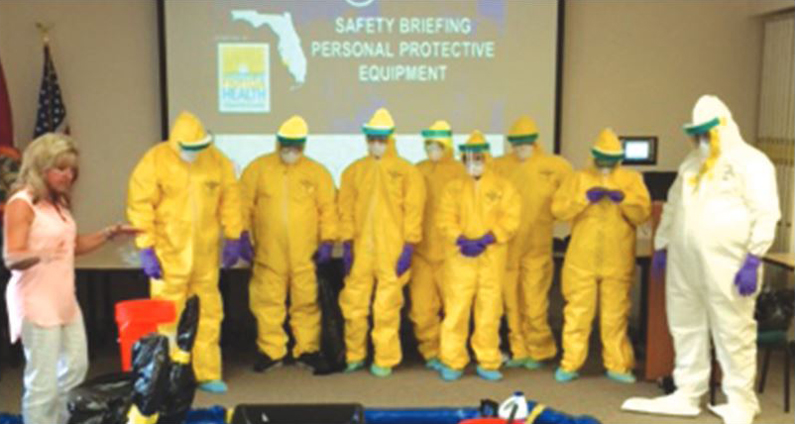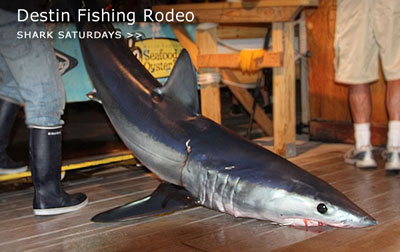July 31, 2015 | News & Information

Two South Florida grocery stores that sell live animals have run into trouble with state inspectors.
Following an ARFF complaint about extremely crowded tanks full of frogs, and the sale of live turtles, at Foodtown, a market in Davie, the Florida Fish and Wildlife Conservation Commission (FWC) issued the market warnings for “improper temporary caging, and improperly exhibiting softshell turtles.”
Earlier this month, NBC 6 South Florida reported that the FWC inspected a different market, New York Mart in Sunrise, and found animals kept in cruel conditions (two dead turtles were discovered among those offered for sale). The market was issued criminal citations for “temporary caging not allowing movement,” and “maintaining wildlife in an unsafe condition.”
ARFF will continue to visit these markets to make sure that state regulations that provide limited protections to frogs and turtles are enforced.
July 7, 2015 | News & Information

With three monkey breeding facilities in operation in Hendry County, and a fourth under construction, it is probably a good thing that staff members from the county health department and Hendry County EMS recently attended a training session to help them identify and respond to biological threats (photo from The Caloosa Belle).
Monkeys imported into the U.S. for laboratory research can carry dangerous viruses and bacteria, such as Herpes B and tuberculosis. The threat is greater with wild-caught monkeys, such as the 630 crab-eating macaques imported in 2014 by Primate Products (the company was the subject of a recent investigation by PETA).
Of course, the best way for Hendry County to protect against an outbreak of infectious disease would be to put a stop to the expansion of the monkey breeding industry. Visit ARFF’s website to learn more.
June 26, 2015 | News & Information
 On June 17, the School Board of Miami-Dade County voted unanimously to stop cat dissections in county schools. The school board will also explore the possibility of ending all animal dissections throughout the district. It was a significant step for America’s 4th largest public school system! ARFF thanks board member Raquel Regalado for proposing the action.
On June 17, the School Board of Miami-Dade County voted unanimously to stop cat dissections in county schools. The school board will also explore the possibility of ending all animal dissections throughout the district. It was a significant step for America’s 4th largest public school system! ARFF thanks board member Raquel Regalado for proposing the action.
Dissecting the bodies of dead cats has been banned in Broward County for many years. Today, there are many humane alternatives to classroom dissection– including models, computer software and other state-of-the-art educational materials.
Does a public school near you use cats in dissections? Contact the school board and urge them to follow the example set by Miami-Dade and Broward counties. Contact ARFF for help.
December 17, 2014 | News & Information
Florida is home to three companies that provide monkeys to laboratories for use in research and testing: Primate Products, Worldwide Primates, and The Mannheimer Foundation (a fourth company, PreLabs, is constructing a new facility near Lehigh Acres).
 In response to a public records request, ARFF has received copies of paperwork filed by Primate Products and The Mannheimer Foundation with the State of Florida detailing shipments of monkeys since January 1. ARFF is looking into why Worldwide Primates did not file the required certificates of veterinary inspection with the Florida Department of Agriculture.
In response to a public records request, ARFF has received copies of paperwork filed by Primate Products and The Mannheimer Foundation with the State of Florida detailing shipments of monkeys since January 1. ARFF is looking into why Worldwide Primates did not file the required certificates of veterinary inspection with the Florida Department of Agriculture.
Between January 1 and December 9, 2014, Primate Products shipped 1,245 monkeys to contract research organizations, universities and government labs. Click here to download a summary of the shipments. Compared to previous years*, Primate Product’s customer list has shrunk. Two customers– Charles River and SNBL— made up 80% of Primate Products’ business.
In May, Primate Products shipped 20 monkeys to Central State Primates, a site operated by PreLabs in Missouri. Two months after the animals arrived, a USDA inspector found unsanitary conditions and a female monkey with “excessive hair loss.” The inspector noted, “hair loss can be a sign that the animal is in psychological distress.” The facility was ordered to improve environmental enrichment for its caged monkeys. (Similar problems were identified during an inspection at Central State Primates in August 2013.)
This year The Mannheimer Foundation shipped a smaller number of monkeys (211) out of Florida. Its main customer was Merck Research Laboratories. Click here to download a summary of The Mannheimer Foundation’s shipments.
*ARFF released similar sets of records in August 2013, July 2012 and in November 2011.
October 17, 2014 | News & Information
We’re halfway through the month-long Destin Fishing Rodeo. The tournament may be the last one in Florida where the bodies of sharks are brought to the docks and gruesomely hung up for the amusement of the crowd (there are other catch-and-release shark fishing tournaments in Florida).
In recent years there has been a positive change in the way we view sharks. More and more Floridians recognize sharks as magnificent creatures who are essential to the ocean ecosystem. Several shark killing contests have ended. The Outcast Mega Shark Tournament in Pensacola was cancelled in 2013. The St. George Island Shark Fishing Tournament and the Sarasota Shark Tournament both fizzled out after the 2009 events.

Please contact the following sponsors of the Destin Fishing Rodeo’s “Shark Saturday’s” and ask them not to support the cruel and senseless killing of sharks.
Inn on Destin Harbor
Phone: (800) 874-0470
Email: frontdesk@innondestinharbor.com
Landshark’s Pizza
Phone: (850) 424-6743
Email: landsharkspizza@gmail.com
Contact the City of Destin and let them know that the shark killing contest is a black eye for the community. Urge the Mayor and City Council to speak out against the contest.
Mayor Mel Ponder & City Council
City of Destin
Email: council@cityofdestin.com
Sharks need to be protected, not slaughtered in tournaments that encourage inaccurate and harmful images of sharks.
September 10, 2014 | News & Information
I n June 2013, laboratory animal supplier Primate Products closed its monkey quarantine facility in Doral. The building stood empty until recently. We don’t know if Primate Products has reopened the facility permanently or if it’s only temporary.
n June 2013, laboratory animal supplier Primate Products closed its monkey quarantine facility in Doral. The building stood empty until recently. We don’t know if Primate Products has reopened the facility permanently or if it’s only temporary.
On August 6 an inspector with the U.S. Department of Agriculture visited the facility and measured high heat and humidity in a room holding 120 long-tailed macaques. Unlike animals in the wild, these monkeys confined inside metal cages are not able to regulate their body temperature by finding shade or water. Temperature extremes can cause significant stress and discomfort. As in humans, monkeys can suffer and die from heat stroke.
The USDA inspector took four measurements over a period of four hours. The heat index, what the temperature feels like to the body when humidity is combined with the air temperature, was between 94 and 96 degrees Fahrenheit.
Protection from temperature extremes is a basic requirement of the Animal Welfare Act. Primate Products was cited for the violation and ordered to correct the problem.






